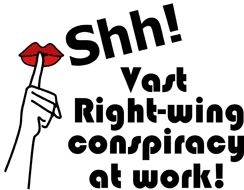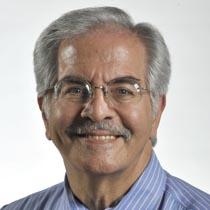June 17, 1972 has gone down as the day when a presidency started to unravel, except that virtually no one on that very day predicted it would happen.
It started out as a “third-rate burglary.” Some men got caught breaking into the Democratic National Committee offices at the Watergate office and hotel complex in Washington, D.C.
They rifled through some files. They left. A security guard discovered the break-in and reported it to the cops.
The rest, as they say, is history.
A couple of reporters for the Washington Post — Carl Bernstein and Bob Woodward — covered the event as a police beat story. Then a few tips began trickling in. The reporters then began to piece together some hints that the story was a lot bigger than a run-of-the-mill “cop shop” tale.
It turned out to be the biggest political story of the past century. President Nixon sought to cover it up. He told federal authorities to shut down the investigation. Thus, the cover-up swallowed this event whole. Revelations about the cover-up prompted the U.S. House Judiciary Committee to approve articles of impeachment; a select Senate committee had hearings as well.
It ended with the president’s resignation.
The scandal also produced a suffix that results in adding the word “gate” to every controversy — large and small — that bubbles up in the halls of power. To me, as I’ve noted before, “Watergate” stands alone. The current president recently used the term “Spygate” to describe the alleged espionage of his campaign by the FBI in 2016. Fiddlesticks! There was no spying on the Donald Trump campaign. There damn sure was no “Spygate” occurrence.
Watergate also signaled the rise of gumshoe journalism. Bernstein and Woodward would be honored by their peers for the work they did to expose the enormous level of corruption they discovered. They helped energize a crop of journalism students and young reporters who sought to serve their own communities.
The reporters who covered the Watergate scandal did their job. They held the government accountable. They revealed the truth to a public that demanded it of the media and the government.
At many levels, the Watergate scandal illustrated a dark time in our nation’s political history. It also instigated the media shining a bright light down the halls of power.
I am proud of the role the media played in revealing the truth behind the scandal that toppled a president. Yes, it produced a “long national nightmare,” as the new president, Gerald R. Ford, told us.
We awoke from it and the nation emerged stronger as a result.


